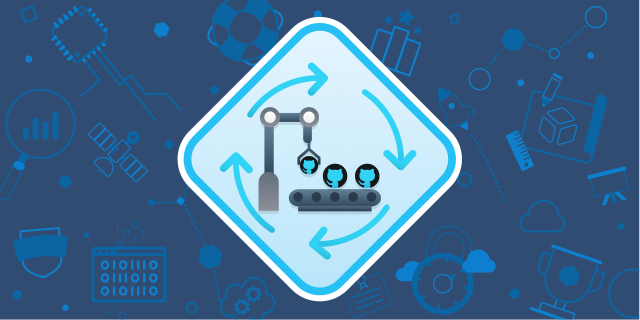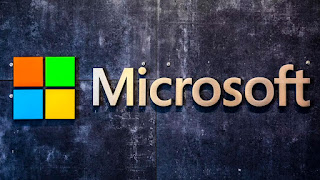In 2021, each month we will be releasing a monthly blog covering the webinar of the month for the Low-code Application Development (LCAD) on Azure solution. LCAD on Azure is a new solution to demonstrate the robust development capabilities of integrating low-code Microsoft Power Apps and the Azure products you may be familiar with.
This month’s webinar is ‘Develop Application Lifecycle Management (ALM) processes with GitHub Actions and Power Apps.’ In this blog, we will highlight what LCAD on Azure is, the three most prevalent products in the webinar and use cases, and provide supporting documentation for you to learn more about the webinar's content.
What is Low-code Application Development (LCAD) on Azure?
Low-code application development (LCAD) on Azure was created to help developers build business applications faster with less code, leveraging the Power Platform, and more specifically Power Apps—helping them scale and extend their Power Apps with Azure services.
For example, a pro developer who works for a manufacturing company would need to build a line-of-business (LOB) application to help warehouse employees track incoming inventory. That application would take months to build, test, and deploy, however with Power Apps, it can take hours to build, saving time and resources.
Read More: MS-900: Microsoft 365 Fundamentals
However, say the warehouse employees want the application to place procurement orders for additional inventory automatically when current inventory hits a determined low. In the past, that would require another heavy lift by the development team to rework their previous application iteration. Due to the integration of Power Apps and Azure, a professional developer can build an API in Visual Studio (VS) Code, publish it to their Azure portal, and export the API to Power Apps, integrating it into their application as a custom connector. Afterwards, that same API is reusable indefinitely in the Power Apps’ studio, for future use with other applications—saving the company and developers more time and resources.
This is just one scenario that highlights the capabilities of the LCAD on Azure solution. To learn more about the solution itself, read the LCAD on Azure supporting documentation. This month’s webinar will focus on the capability to automate application lifecycle management, like the above scenario, with GitHub Actions to further expedite and streamline the development process for developers.
Webinar content
The webinar explains ‘Fusion Development’ as a process that leverages the citizen developer to build low-code applications themselves, further reducing strain on development teams, and professional developers meeting citizen developer's half-way by extending these applications with custom code.
The webinar includes two demos; one on the integration of API management and Power Apps and how to create a continuous integration, continuous delivery (CI/CD) pipeline using GitHub Actions.
The integration of API management and Power Apps will cover the no cliff extensibility capabilities of Power Apps and Azure together, how to export APIs to Power Apps, and how to connect API management with Power Apps via Microsoft Teams with no additional licensing costs.
We introduced Azure API Management connectors to quickly publish Azure API Management backed APIs to the Power Platform for easy discovery and consumption, dramatically reducing the time it takes to create apps connecting to Azure services.This means that enterprises can now truly benefit from existing assets hosted on Azure, by making these available to citizen developers with just a few clicks in the Azure portal, thereby eliminating the additional steps to go create custom connectors in the Power Apps or Power Automate maker experiences.
The GitHub Actions demo will cover developer's ability to build automated software development lifecycle workflows. With GitHub Actions for Microsoft Power Platform, developers can create workflows in their repository to build, test, package, release, and deploy apps, perform automation, and manage bots and other components built on Microsoft Power Platform.
The webinar is currently available on-demand, and the webinar in February will cover the integration of SAP on Azure and Power Apps.
Source: microsoft.com






